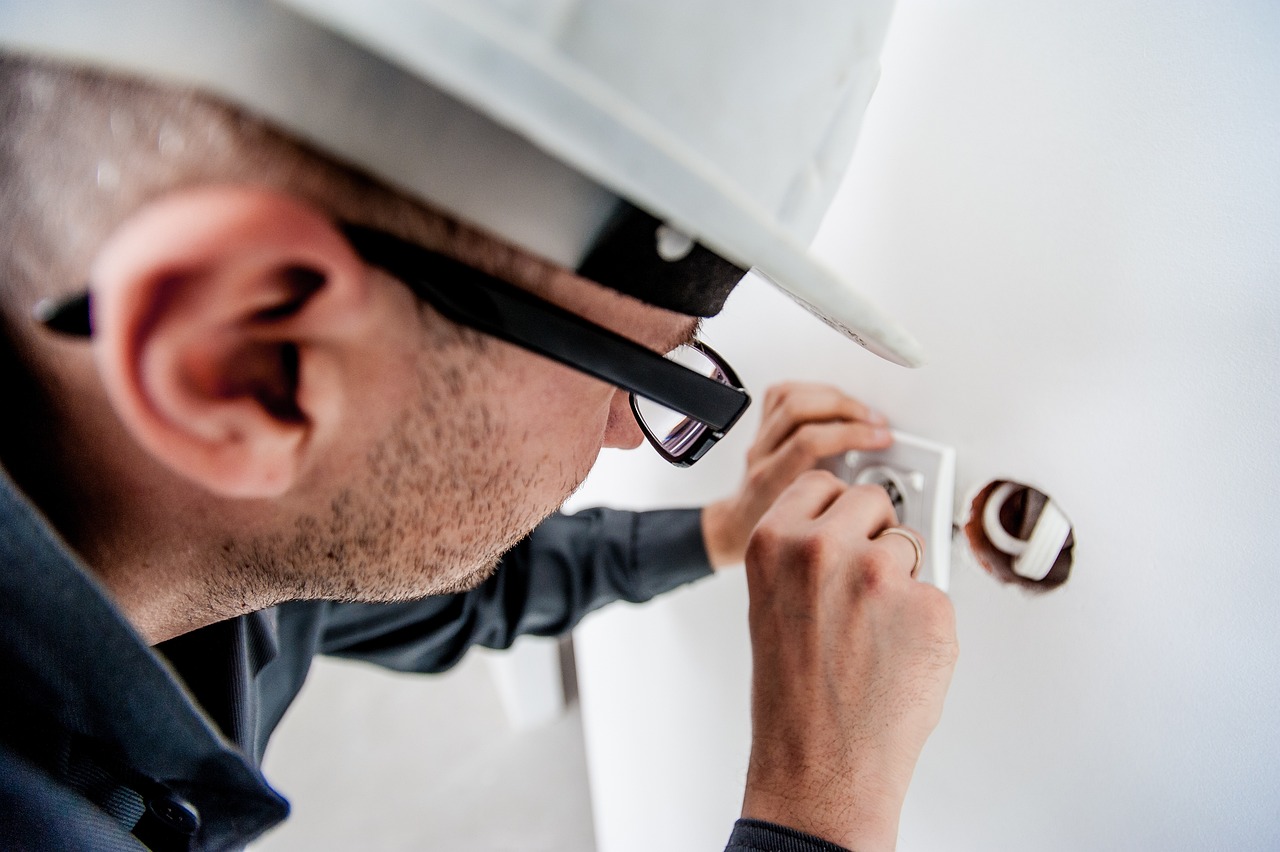Discover the most effective Exterior Wedding Reception Venues in London, Ontario Discover the most effective Exterior Wedding Reception Venues in London, Ontario
Picture celebrating your wedding event bordered naturally’s appeal– an open sky, lavish greenery, and impressive landscapes. This scene is exactly what lots of pairs imagine when they consider the perfect wedding reception. If you’re exploring options for your wedding in London, Ontario, outside wedding reception venues use the beauty and adaptability to create unforgettable memories. Yet just how do you find the appropriate venue that matches your design and demands? The response lies in comprehending what makes a wonderful outdoor wedding reception venue and recognizing what to try to find. Interested? Keep analysis– your perfect wedding reception may be closer than you think.
Why Choose an Outdoor Wedding Reception Venue in London, Ontario?
London, Ontario, is a city rich with breathtaking parks, yards, and countryside, making it a perfect location for outside wedding celebrations. These venues not only offer all-natural beauty but likewise permit couples to individualize their event a lot more freely than in standard indoor rooms.
The Appeal of Outdoor Wedding Reception Venues
Breathtaking Backgrounds: Whether it’s a yard, shore, or a rustic farm, outdoor venues generate all-natural beauty that boosts your wedding celebration digital photography and total atmosphere.
Flexibility in Preparation: Outside venues often enable you to tailor decor, seating arrangements, and overall layout a lot more openly.
A Kicked Back and Romantic Setup: Fresh air and open space promote a laid-back vibe, ideal for intimate gatherings or larger celebrations alike.
Seasonal Appeal: Each period offers one-of-a-kind advantages– spring blossoms, summer sunlight, autumn autumnal shades, or comfortable winter landscapes, relying on your choice.
Types of Outside Wedding Reception Venues in London, Ontario
Gardens and herb parks
Waterside sites or lakeside locations
Rustic barns or ranch estates
Private estates or big backyard areas
What to Consider When Picking an Outside Wedding Reception Venue
While the views is a vital aspect, there are other important elements to think about to guarantee your wedding goes efficiently.
Accessibility and Place
Inspect that the venue is easy for your guests to get to, with adequate auto parking and closeness to accommodations. This is key to making your day worry-free for everyone included.
Climate Plans
Ontario’s weather can be unpredictable. Always ask if the venue has backup plans such as covered rooms, tents, or indoor alternatives in case of rain or severe climate condition.
Facilities and Facilities
Verify that the venue gives essentials like tables, chairs, toilets, and power. Some outdoor venues also supply extra services like event catering or event coordination, which can make preparing easier.
Capacity and Room
Be clear concerning your guest checklist and verify that the venue can conveniently accommodate every person. Appropriate room ensures not just convenience but also adaptability to establish your desired style and amusement.
Licenses and Restrictions
Some outside venues might call for permits or have restrictions on style, songs, or event timeline. Make clear these information early to prevent shocks on your special day.
Exactly how to Discover the Right Outdoor Wedding Reception Venue in London, Ontario
Here are some vital actions to assist you discover the perfect venue:
1. Specify Your Wedding Celebration Design
Make a decision whether you want a rustic barn, elegant garden, or lakeside setup. Knowing your design will certainly assist tighten your search and discover venues that match your vision.
2. Set Your Budget
Outside venues differ in rate. Develop a budget early to concentrate on choices that use the very best value without compromising your dream wedding.
3. Go To Numerous Places
Seeing venues in person provides quality. This check out allows you to examine the room, setting, and suitability for your requirements. Remember and photos to contrast later.
4. Check Out Reviews and Request For References
Previous client comments can give understanding right into the venue’s staminas and any type of prospective difficulties. Do not be reluctant to request for recommendations or evaluations.
5. Deal With Wedding Event Experts
Speak with occasion coordinators, digital photographers, or food caterers who have experience with neighborhood venues– they can suggest places and provide you extra understandings.
Why Pick Belle Vie for Your Exterior Wedding Reception
If you’re looking for a venue that offers sensational exterior spaces in London, Ontario, Belle Vie provides stunning options created to make your wedding event seamless and memorable. The venue’s outdoor settings are excellent for pairs seeking to celebrate surrounded by nature’s splendor in a worry-free setting.
Final Ideas: Your Dream Wedding Event Waits For
Choosing an outdoor wedding reception venue in London, Ontario, has to do with more than just a gorgeous background. It has to do with creating a area that shows your vision and makes your day uncomplicated and memorable. From lush gardens to beautiful lakesides, the alternatives abound– you just require to understand what to seek.



